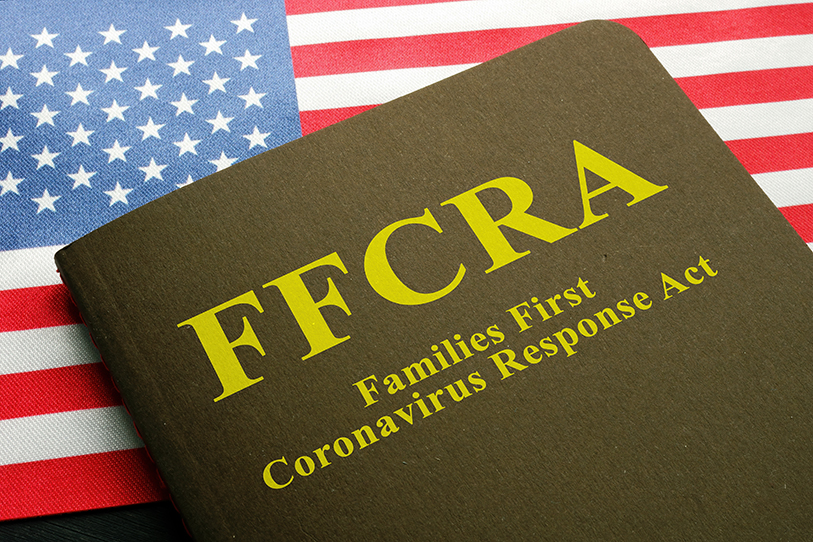On December 27, 2020, President Donald Trump signed a second stimulus package addressing the economy and the COVID-19 pandemic. Among the many issues resolved in the new stimulus package, Congress didn’t extend the Families First Coronavirus Response Act (FFCRA) leave mandate, so employers are no longer required to provide leave under the FFCRA starting January 1, 2021, but Congress did extend the tax credits available to employers who voluntarily provide FFCRA leave.
As previously reported, the FFCRA required employers with fewer than 500 employees to provide emergency paid sick leave (EPSL) and paid expanded FMLA (E-FMLA) to employees for certain COVID-19-related reasons, subject to monetary caps. Employers then could claim payroll tax credits in an amount equal to what they paid employees for leave under the FFCRA. When enacted, the FFCRA was set to expire on December 31, 2020.
Even though the leave mandate ends on December 31, 2020, the tax credits are still available to employers who voluntarily provide leave under the FFCRA, if the employers follow the rules, such as providing leave only for an FFCRA-eligible reason and paying employees at the rates specified under the FFCRA. The tax credits are available until March 31, 2021.
Although the stimulus package provided a concrete answer about the future of the FFCRA, it does leave open some questions that may need to be answered with agency guidance. For example, if an employer’s 12-month period for FMLA calculations resets on January 1, 2021, can an employer claim tax credits for voluntarily providing further E-FMLA leave to an employee who previously exhausted their 12-week entitlement? Employers should continue to frequently check the U.S. Department of Labor (DOL) and IRS guidance webpages related to the FFCRA for updated guidance following the enactment of this stimulus bill.
In California, the FFCRA’s fate held more importance because California’s COVID-19 supplemental paid sick leave program was tied to the FFCRA’s expiration. As previously reported, the California Legislature enacted AB 1867, which mandated employers with 500 or more employees to provide up to two weeks of supplemental paid sick leave for certain qualifying reasons. AB 1867 expressly provided that the supplemental paid sick leave program expires when the FFCRA does. Because Congress didn’t extend the FFCRA mandate, it’s likely that AB 1867 will expire when the FFCRA does on December 31. However, employers should still continue to consult the Labor Commissioner’s AB 1867 guidance for any agency interpretation on how the FFCRA expiration affects California law.
Finally, employers still need to be aware of the many local city and county ordinances enacted this year that provided supplemental COVID-19 paid sick leave with their own rules and expiration dates unrelated to state or federal law.
Matthew J. Roberts, Employment Law Counsel/Subject Matter Expert
CalChamber members can learn about local COVID-19-related ordinances that may apply to them using the Local Ordinances Wizard. Not a member? See how CalChamber can help you.







